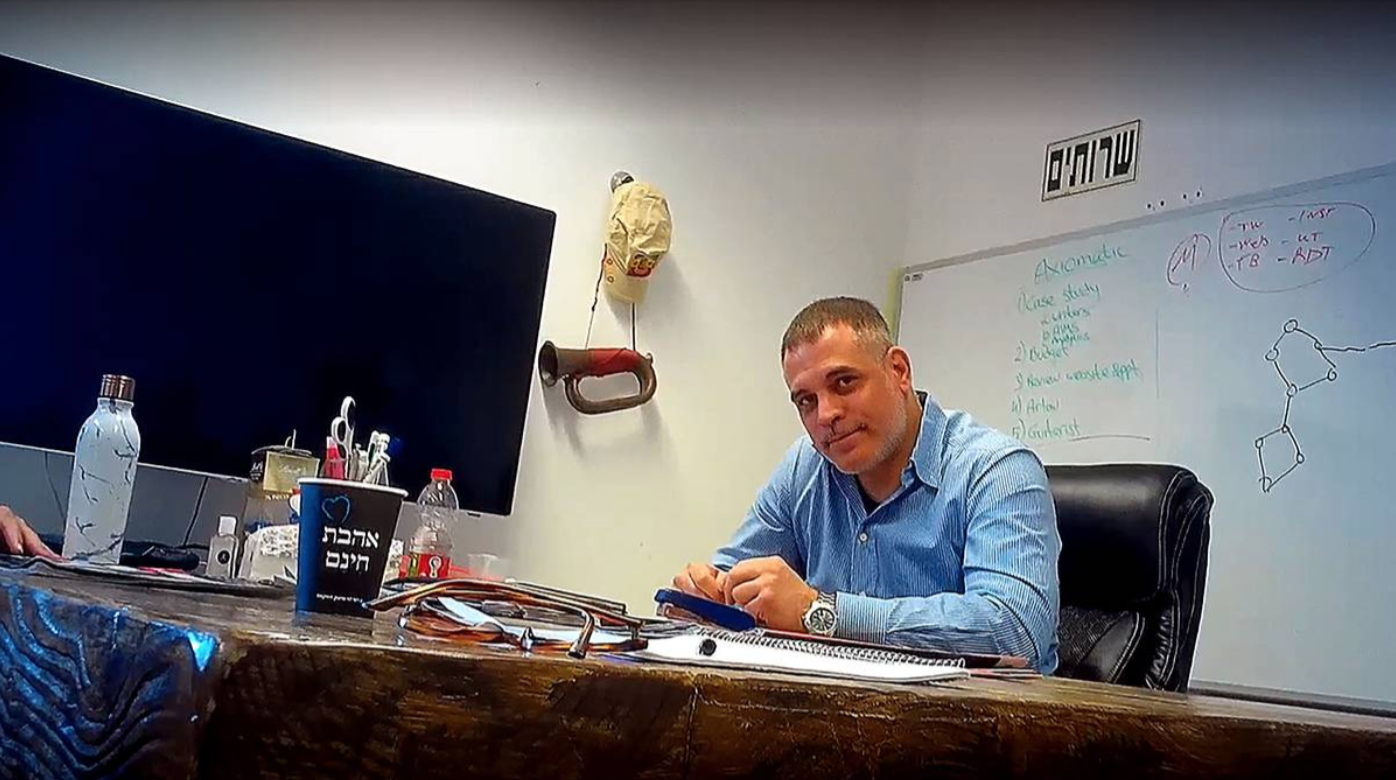The team of digital mercenaries “Team Jorge” claims to have carried out influence operations in 33 electoral processes around the world with success in 28 of them. To achieve this result, they used the sophisticated AMIS (Advance Impact Media Solutions) software, which has the capacity to create some 30,000 avatars, as false virtual identities are known, with the capacity to imitate human behavior on social networks. According to members of the organization, they have been linked to political scandals in Mexico, Ecuador, California, Catalonia, Trinidad and Tobago, and Venezuela, among others.
If their influence operations are true, Team Jorge is undoubtedly one of the most influential digital mercenaries in the private global disinformation industry. Its team is made up of former Israeli government and military agents, specialists in cybersecurity and political marketing who are dedicated to carrying out disinformation actions without any ideological bias, for political parties and leaders or businesspersons, mainly because of the alleged high economic retribution.
The effectiveness and reach of these mercenaries are not only due to their talented work team but also to the sophisticated software they employ. The thousands of profiles created operate simultaneously on social networks such as Amazon, Facebook, Gmail, Instagram, Twitter, Telegram, or Airbnb and verified accounts in the use of cryptocurrencies, creating by themselves consistent publications to look like real users with personal and political interests. The aforementioned issues, without a doubt, confirm that the disinformation industry is fulfilling its destiny sooner than predicted by specialists: to simulate human behavior on the Internet.
Artificial Intelligence (AI): From Bots to Avatars
In the recent past, influence operations in social networks were mainly executed by bots, which are designed to perform specific tasks such as positioning a hashtag and their interactions or behavior were certainly easy to identify due to their repetitive and robotic character. Currently, we are getting to know the scope of avatars, which, supported by artificial intelligence, go beyond, as they manage to represent a person or identity online by interacting with real users on the platforms and imitating their behavior on the platform in a highly effective way.
Specialists such as Danny Citrinowicz consider that the current disinformation phenomenon should not focus on bots or automated accounts, but on avatars, which are the new real threat. These are being created on a massive scale to obtain information from real users, store it and process it. Then, replicate it in this same army of avatars, now improved due to the information obtained. In this way, they can mimic consistent human behavior on a cross-platform level. This is evidence that avatars are enormously beneficial, both for the disinformation and spyware industries.
The existence of Team Jorge and its Israeli origin should not come as a surprise. This country is internationally recognized for its strong spyware industry, also known as cyber mercenaries. The best-known case is that of the Pegasus spying and surveillance program, which was created by the NSO Group and sold to more than 45 governments. Although they initially used it to pursue and catch criminals and terrorists, they also used it indiscriminately to profile and harass journalists and opposition politicians, as well as human rights activists, among others.
Team Jorge speaks Spanish
At least 4 Latin American countries have been affected by Team Jorge’s disinformation operations. In Mexico, it has caused the biggest media stir due to its close ties with Tómas Zerón de Lucio, who was the chief director of the criminal investigation agency during Enrique Peña Nieto’s term in office and is currently in exile or fugitive in Israel.
According to Mexican justice, there are irregularities in his investigation in the case of the Ayotzinapa normal school where 43 students disappeared. There, he allegedly employed the services of these digital mercenaries to make a media campaign in his favor and thus clear his name.
In Venezuela, these digital mercenaries were also hired. During the 2012 elections, although the late leader Hugo Chavez did not participate, he was the target of disinformation allegedly created and disseminated by Team Jorge. In Ecuador, they were apparently hired by the brothers William and Roberto Isaías Dassum, once respected businessmen and now questioned for their alleged role in the bankruptcy of Filanbanco Bank. In this case, Israeli mercenaries developed a narrative in favor of the brothers, claiming that they were victims of political persecution by the government in power.
The new and the traditional?
While research on disinformation in the region has traditionally focused on influence operations carried out by non-democratic states, this new finding shows, first, that sovereigns are not the only ones responsible for this type of operation. On the other hand, it confirms that the private disinformation industry is a transnational phenomenon that easily erodes state borders. Finally, it reveals that the links among such companies and governments, politicians, and businessmen are closer than we can imagine.
So, further investigation is a hopeless task. However, this requires constant updating and training in open-source intelligence (OSINT). A few years ago, the goal was to identify the behavior of automated accounts on networks such as Twitter or Facebook. Now, with the massive development of avatars supported by artificial intelligence, identifying what is false in the midst of an algorithmic web with millions of data at the service of the highest bidder is substantially more complex.
*Translated from Spanish by Janaína Ruviaro da Silva













